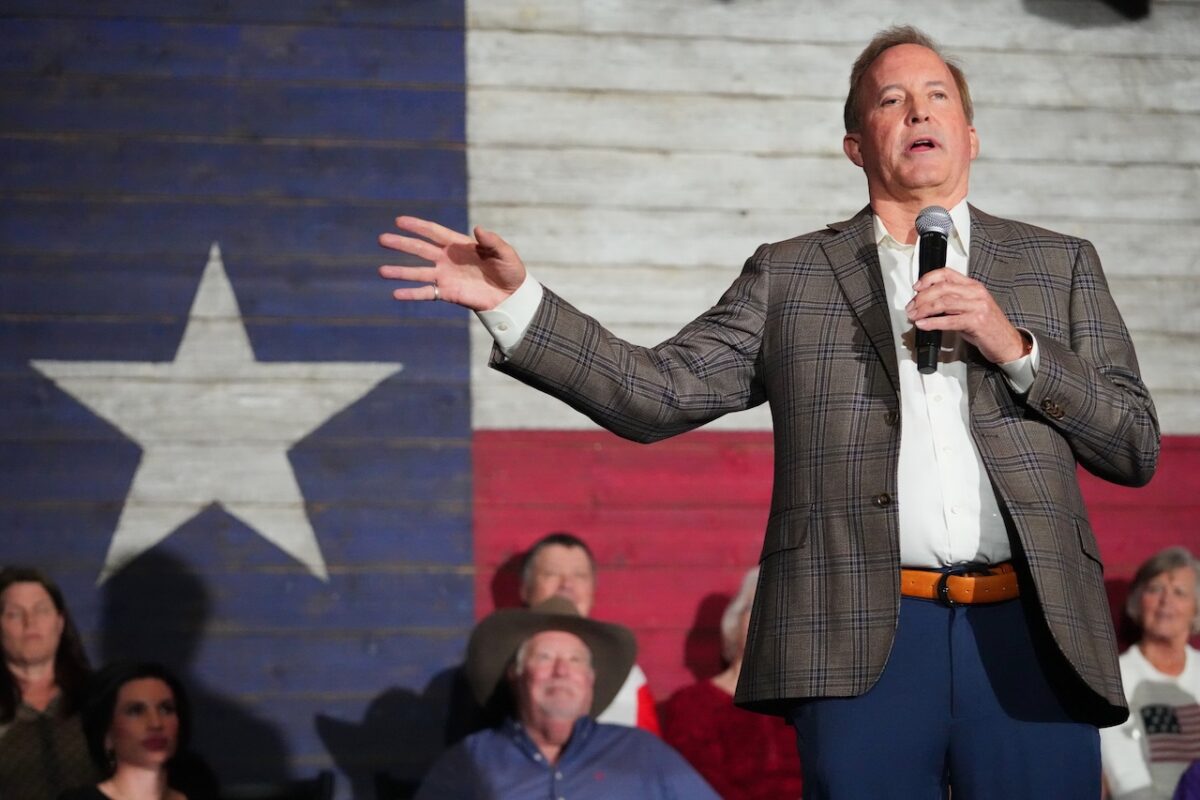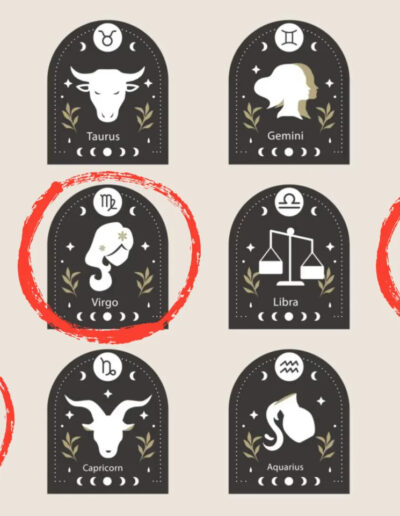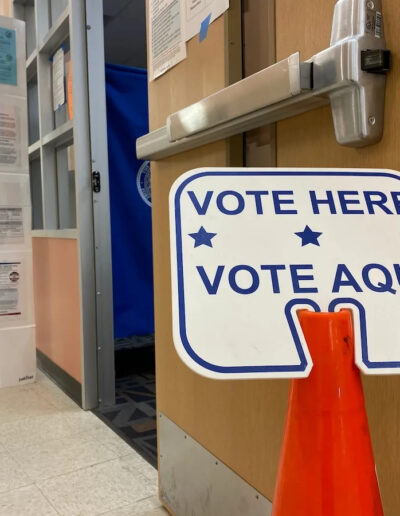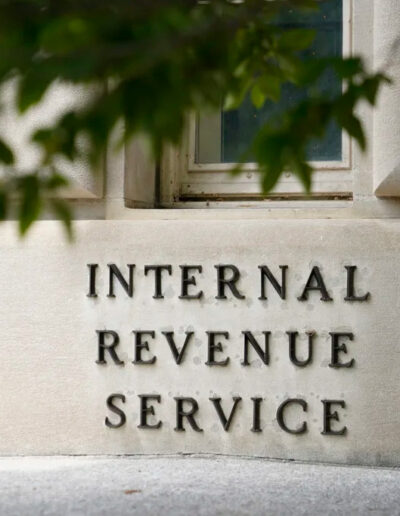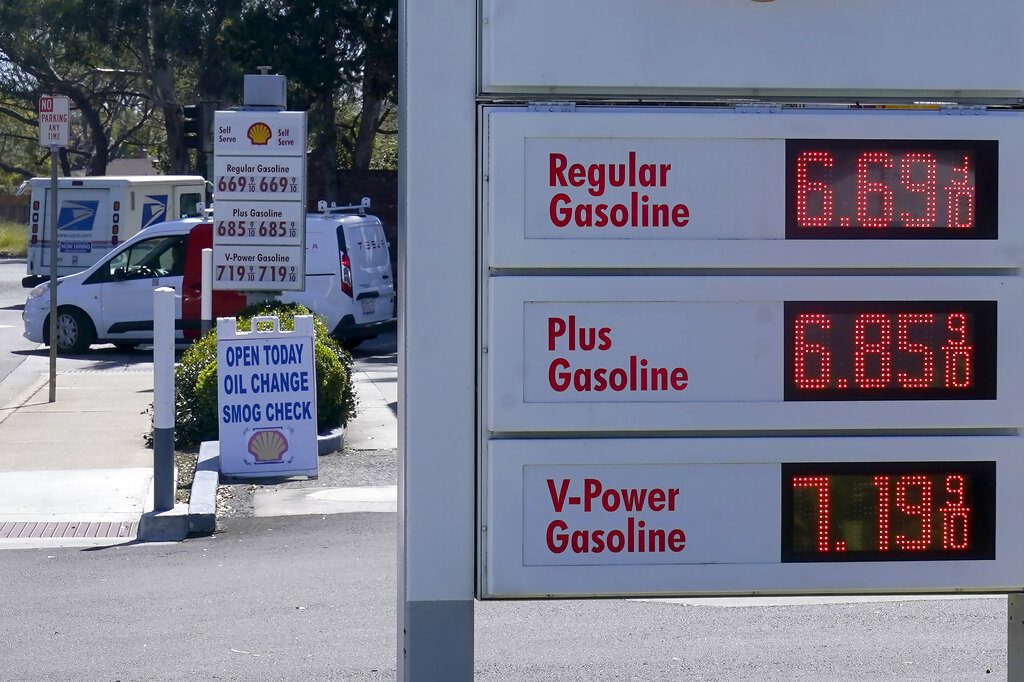
The investigation comes in the wake of bombshell allegations accusing former Pioneer Natural Resources CEO Scott Sheffield of colluding with OPEC to drive up oil prices at the expense of American consumers. (AP Photo/Jeff Chiu, File)
Congressional Democrats have launched an investigation into allegations of illegal collusion and price-fixing between leading US oil companies and the Organization of the Petroleum Exporting Countries (OPEC).
The investigation was set in motion on Tuesday night when Rep. Frank Pallone (D-NJ) sent letters on behalf of the House Committee on Energy and Commerce to CEOs from seven “Big Oil” companies, including Chevron, ExxonMobil, and BP America.
“At a hearing last Congress, Committee Democrats raised concern that oil companies were artificially inflating gas prices to gouge consumers and produce record profits for shareholders,” Pallone wrote. “If U.S. oil companies are colluding with each other and foreign cartels to manipulate global oil markets and harm American consumers who then pay more at the pump, Congress and the American people deserve to know.”
Investigation follows allegations against former Pioneer CEO
The investigation comes after bombshell allegations by the Federal Trade Commission (FTC) accusing former Pioneer Natural Resources CEO Scott Sheffield of directly colluding with OPEC and its affiliated OPEC+ to reduce oil output and deliberately drive up prices at the gas pump.
An FTC report on the matter said Sheffield used “public statements, text messages, in-person meetings, WhatsApp conversations and other communications while at Pioneer, Sheffield sought to align oil production across the Permian Basin in West Texas and New Mexico with OPEC+.”
The alleged price-fixing conspiracy had widespread economic effects, too, with some economists blaming extensive post-Covid inflation in 2021 on corporate profits. The nation’s top 25 oil and gas companies earned a collective $205 billion in 2021.
And reporter Matt Stoller unearthed further costs to everyday Americans as a result of collusion between shale oil companies and OPEC. In an early May edition of his BIG Newsletter, Stoller reported that US price-fixing with OPEC significantly drove up per-barrel oil prices—ultimately resulting in some “$500-1000 dollars of extra cost per year to Americans through direct and indirect effects of this conspiracy.”
Despite the price-fixing allegations, the FTC approved a deal allowing ExxonMobil to acquire Pioneer Natural Resources to the tune of $65 billion, but barred Sheffield and any other “employees or directors” from Pioneer from serving on Exxon’s board of directors.
In response, Pioneer defended Sheffield, saying the company “disagrees” with and is “surprised by” the FTC allegations.
“During Mr. Sheffield’s career, it was neither the intent nor an effect of Mr. Sheffield’s communications to circumvent the laws and principles protecting market competition,” the company said in a press release.
House Committee demands answers, documents from top oil companies
Just last week, Congressman Mark Pocan (D-Wis.) applauded the FTC’s investigation into Sheffield, suggesting that a broader criminal investigation like the one announced this week should be pursued.
“I think jail time should be necessary,” Pocan wrote on X (formerly Twitter) following a Congressional hearing on the matter.
Pallone’s Tuesday letters called out Sheffield directly while announcing the criminal investigation.
“I am concerned that Mr. Sheffield’s behavior may represent common practices across the industry, as reporting and the FTC complaint have suggested,” he wrote. “Simply put, I am worried that Mr. Sheffield’s actions, rather than being ‘entirely inconsistent with how we do business,’ as Exxon has claimed, are instead industry-standard practice.”
In his letters, Pallone demanded documents and responses from each of the seven involved oil companies.
These demands included:
- Records of all communications between company employees involved in project planning with OPEC or OPEC+.
- A complete record of meetings between each company and OPEC or OPEC+.
- Records of communication between each company and competing oil companies pertaining to production plans.
- A record of any and all legal guidance pertaining to antitrust issues shared within the company ahead of meetings with OPEC or OPEC+.
- Records of non-public communications with shareholders regarding crude oil prices or production levels, along with a description of any company efforts to influence or “artificially limit” crude oil production.
Pallone had additional demands for ExxonMobil, including descriptions of safeguards the company plans to implement to prevent employees from replicating Sheffield’s actions, a detailed plan for how Pioneer employees will be integrated into ExxonMobil’s post-acquisition dealings, and a record of any communications between Pioneer employees and members of OPEC or OPEC+.
Oil companies have until June 5 to respond to the House Committee.






